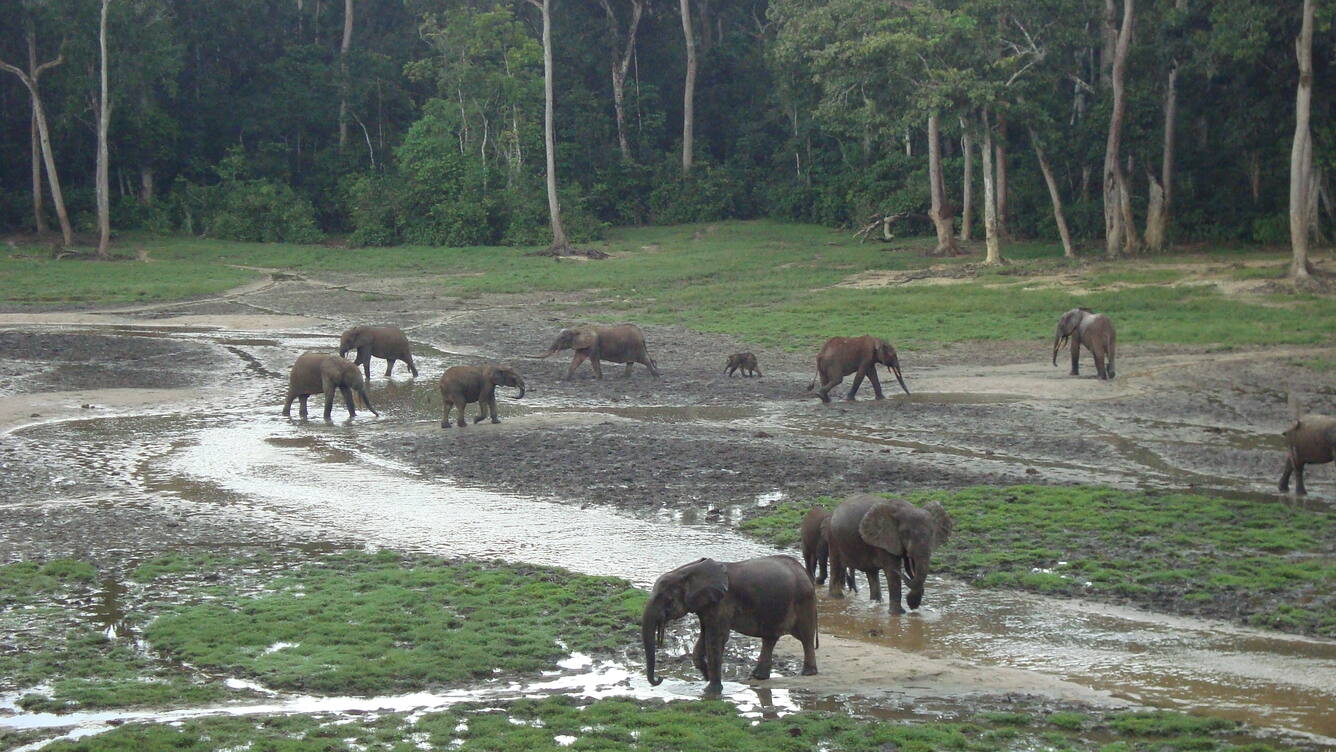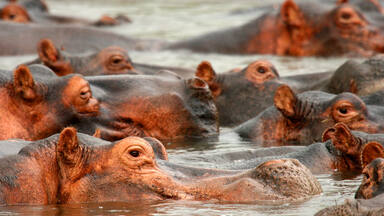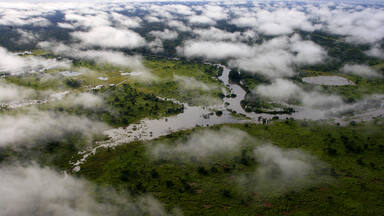The European Commission supports a new phase of the Central Africa World Heritage Forest Initiative
The European Commission continues its support of the Central Africa World Heritage Forest Initative (CAWHFI) by allocating 5 million Euro over the course of three years.
The CAWHFI project is part of the World Heritage Programmes: “Natural World Heritage in the Congo Basin” and implemented by the UNESCO World Heritage Centre, since 2004. This programme is initiated in the form of a trans-border network of exceptional protected areas and World Heritage Sites, such as the Dja Faunal Reserve and the Sangha Tri-national. It is implemented in collaboration with conservation NGO’s : Worldwide Fund for Nature, Wildlife Conservation Society, la Fondation pour le Trinational de la Sahnga (FTNS), Zoological Wildlife Society, and the African Wildlife Foundation. The final phase of this 2.5 million Euro programme, already supported by the European Commission, came to term in March 2013.
The activities developed in the CAWHFI program aim to reinforce, through the implementation of the World Heritage Convention, the management of forest sites in Cameroon, the Central African Republic, the Republic of the Congo and Gabon that are likely to be recognized for their Outstanding Universal Value, as well as to improve the representation of natural world heritage sites in the region.
The European Commission’s support has allowed, among other things, to support the preparation of the nomination proposal of the Sangha Trinational (TNS) that was inscribed on the World Heritage List in 2012.
“I am delighted by the European Commission’s renewed trust that finances this new phase of the CAWHFI project” said Mechtild Rössler, the Director of the World Heritage Centre, adding, “the inscription of the TNS is proof that the cooperation mechanisms aiming for the sustainable management of central African forests are effective and can encourage States Parties of the region to propose new sites. It shows that the World Heritage Convention can be an effective instrument of international cooperation to conserve forests of the Congo basin and throughout the world.”
This new phase will reinforce UNESCO’s support of States Parties in Central Africa and of regional institutions for the conservation of biodiversity and mankind’s natural heritage.


